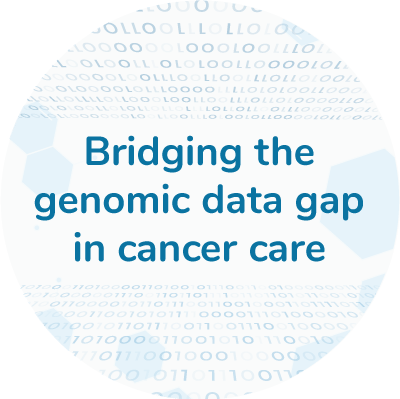
Bridging the genomic data gap in cancer care
Hitesh Goswami, CEO and Co-Founder, 4baseCare stresses that precision oncology, which integrates genomic biomarkers into the treatment paradigm, has rapidly emerged as a pillar of contemporary cancer care. However, the major challenge to precision oncology is that it is mostly based on genomics research and data on caucasian population which puts our and other non caucasian populations at a disadvantage
Over the last decade or so, cancer treatment has significantly changed. From a ‘one size fits all’ approach to a more targeted and precise method, cancer treatment has become much more personalised. Every cancer is different, so should be the treatment. There is a paradigm shift in the way advanced stage cancer patients are being treated today. This shift allows us to tailor treatment on the basis of unique molecular alterations in each patient’s tumor and aligning them with targeted therapies for better treatment outcomes.
Most of these treatment outcomes are predicted on the basis of clinical trials and genomic data primarily from caucasian population. There are many scientific publications which indicate that the response for a specific type of treatment does not work the same way in all the populations and it significantly varies due to genetic diversity. This highlights the need for more population-specific data.
Precision oncology, which integrates genomic biomarkers into the treatment paradigm, has rapidly emerged as a pillar of contemporary cancer care. However, the major challenge to precision oncology is that it is mostly based on genomics research and data on caucasian population which puts our and other non caucasian populations at a disadvantage.

 Kindly fill the form below to download our Liquid Biopsy Portfolio brochure :
Kindly fill the form below to download our Liquid Biopsy Portfolio brochure :